DISCOVER THE ULTIMATE AMERICAN ROAD TRIP
The Road to Civil Rights
Atlanta - Louisiana
Stops on this Route:
What to drive:
Make the most of your US road trip with something from our American Collection:
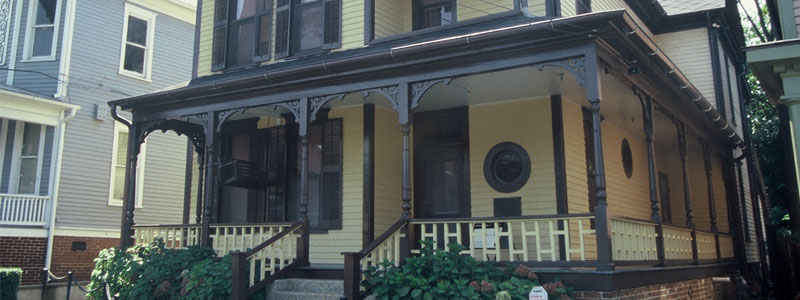
The Road to Civil Rights
Stop 1: Martin Luther King, Jr National Historic Site 1/9
Dr Martin Luther King, Jr was a pivotal figure in the Civil Rights movement. He spent his early years in the Sweet Auburn neighbourhood of Atlanta, a portion of which has been transformed into a Historic Site celebrating his life. The shotgun houses and Victorian homes of the period have been carefully preserved to seal the memories in time. Take a guided tour of the King House, before taking a moment by the reflecting pool near his tomb to remember the impact of this extraordinary man’s life and work.
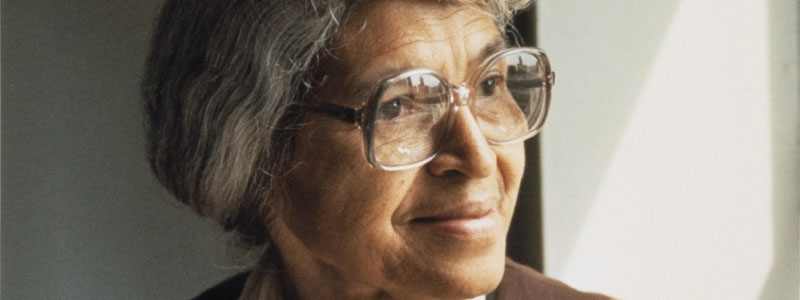
The Road to Civil Rights
Stop 2: Rosa Parks Museum 2/9
The town of Montgomery, Alabama was where the Civil Rights movement found its footing after the 1955 arrest of Rosa Parks. Parks’ refusal to give up her seat for a white passenger sparked the Montgomery Bus Boycott – a pivotal step in the struggle for equality. Today Parks is remembered with a museum dedicated to her. Take a look at the police reports and court documents from her case, along with a 1955 station wagon that was used to ferry boycotters around.
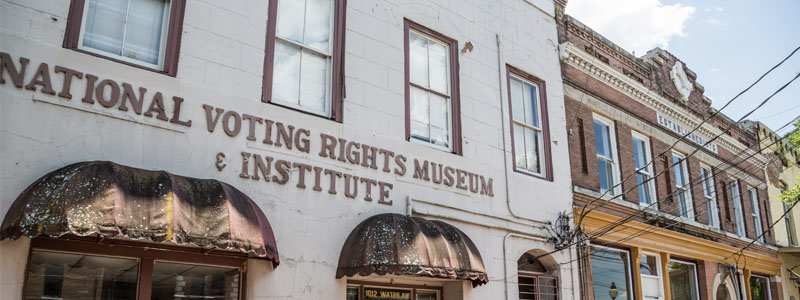
The Road to Civil Rights
Stop 3: National Voting Rights Museum 3/9
The Selma to Montgomery marches in 1965 were vital in securing the right to vote for racial minorities. The National Voting Rights Museum was named in honour of this momentous law change, in the town where it all began. Located at the foot of the famous Edmund Pettus Bridge, where marchers were brutally attacked as they began their protest, the museum features iconic images taken by photographer James Karales, along with the poignant footprints of those who marched their way into history.
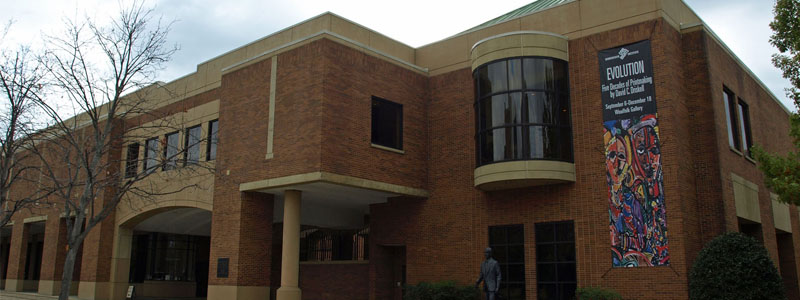
The Road to Civil Rights
Stop 4: Birmingham Civil Rights Institute 4/9
The institute forms part of Birmingham’s Civil Rights District – a collection of key locations commemorated by the US government as a National Monument. Here you can tour the permanent exhibits which chart the history of the Civil Rights movement through fascinating photographs and gripping archive footage. Special exhibitions explore the themes of separation and segregation while the museum's collection of oral archives from people who lived through the changing times offer first-person testimonies of the era-defining events

The Road to Civil Rights
Stop 5: Fifth Avenue, Nashville 5/9
As the Civil Rights movement grew in size and strength, Nashville was witness to some of the most seismic events of the late 1950s and early ‘60s. At department stores along the city’s Fifth Avenue, segregated lunch counters were the scene of peaceful sit-ins that ultimately brought an end to segregated public services. Tour the sites of the sit-ins including the old Woolworth’s store, before heading to the Civil Rights Room at Nashville Public Library to browse archives that capture the drama of the time.
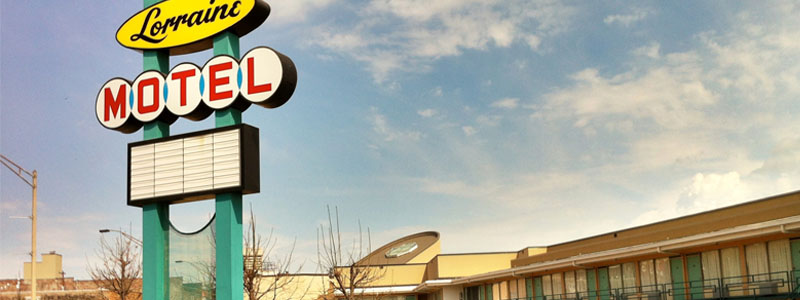
The Road to Civil Rights
Stop 6: National Civil Rights Museum 6/9
Dr King met his untimely death on April 4, 1968, when he was assassinated while standing on a balcony at the Lorraine Motel. In the 1980s this rundown motel was transformed into what’s now one of Memphis’ most important landmarks. Take a tour through the Civil Rights Museum and be confronted with some of the movement’s most unsettling moments before ending your visit with a trip to King’s room, set up just as it was on that fateful day.
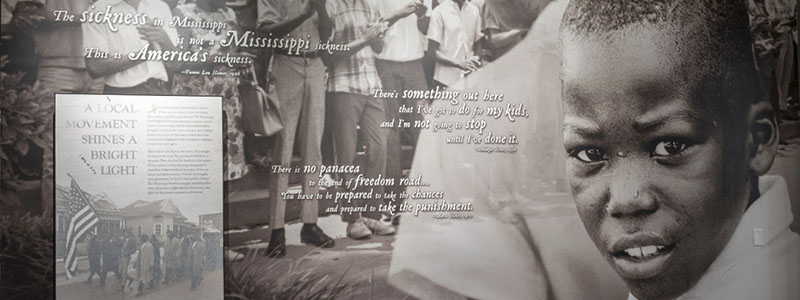
The Road to Civil Rights
Stop 7: Mississippi Civil Rights Museum 7/9
Jackson was a focus of the Civil Rights movement, and a centre for some of its most recognised struggles. At the newly-opened Mississippi Civil Rights Museum, visitors will witness the freedom struggle in eight interactive galleries that show the systematic oppression of black Mississippians and their fight for equality that transformed the state and nation. Seven of the galleries encircle a central space called ‘This Little Light of Mine’. There, a dramatic sculpture glows brighter and the music of the movement swells as visitors gather.
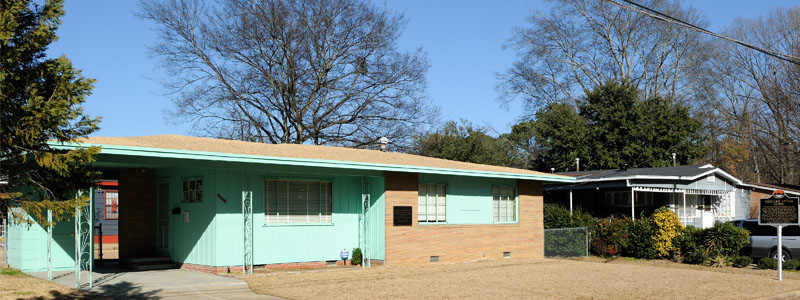
The Road to Civil Rights
Stop 8: Medgar Evers Home and Museum 8/9
Medgar Evers was a World War II veteran who campaigned to overturn segregation at the University of Mississippi until his death in 1963. A mile away from the statue dedicated to him in Jackson, Mississippi, is Evers’ humble home. Used as a movie location, the studio left the flat-roofed home furnished when filming ended to evoke a real sense of the era. There’s also a museum room inside where you can learn about his life and work.

The Road to Civil Rights
Stop 9: Whitney Plantation 9/9
Just under an hour’s drive from New Orleans, Whitney offers the chance to see an historic example of a working plantation. Many of the original buildings from the late 18th century are still standing today; including the Big House, a French Creole-style cottage, and the Oldest Kitchen in Louisiana. Through museum exhibits, memorial artwork and hundreds of first-person narratives, visitors to Whitney will gain a unique perspective on the African-American experience.


